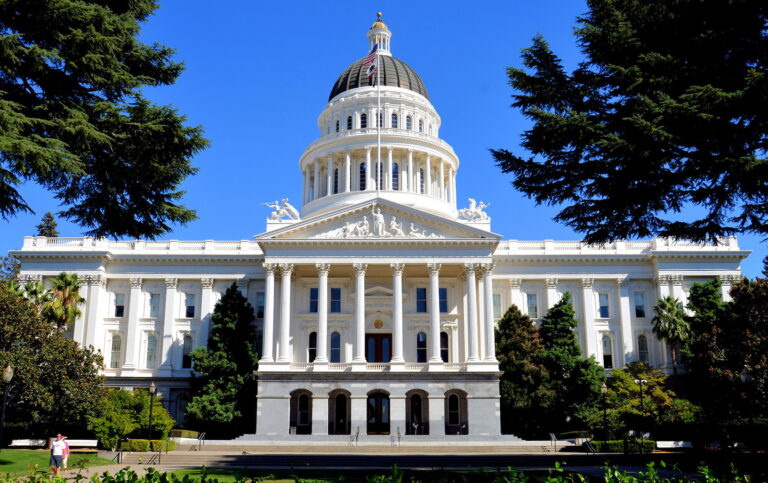Oct. 19, 2020 – Last week the California Department of Justice released a third set of proposed modifications to the regulations regarding the California Consumer Privacy Act of 2018 (CCPA) that went into effect on Aug. 14, largely aimed at making sure that consumers are able to easily opt out of allowing their personal data to be sold, and essentially requiring companies to follow not just the letter, but the spirit of the law. These proposed changes were issued at the same time as California voters are considering Prop 24, the California Privacy Rights Act (CPRA) of 2020, which is on the Nov. 3 ballot.
“The continuing series of modifications to CCPA protections, as well as the new ballot initiative to further limit use of information and establish a state enforcement arm, are reminders of the need for new regulation of data privacy and security at the federal level,” noted Jon Bigelow, executive director of the Coalition for Healthcare Communication. “Protection of the privacy of personal data is critical, but in a digital world, it is impractical for companies to face different sets of regulations in different states,” Bigelow said. “The COVID-19 pandemic derailed hopes of getting federal legislation passed in 2020, but a bipartisan group of Senators continues to work on a platform for new legislation that could be introduced in Congress in 2021 with broad-based support.”
The Oct. 12 proposed changes to the CCPA, which gives consumers more control over the information that businesses collect about them, are intended to:
- Provide examples of how businesses that collect personal data can offer an opt-out option offline;
- Provide guidance on how a business’ methods for submitting requests to opt out should be easy and require minimal steps (and not subvert or impair consumers’ choice to opt out);
- Clarify the proof that a business may require an authorized agent to provide, as well as what the business may require consumers to do to verify their requests; and
- Clarify that businesses subject to cited provisions are required to include a description of their processes in their privacy policies.
The CCPA went into effect on Jan. 1, 2020, with enforcement slated to begin July 1, 2020; to date there do not appear to be any active enforcement actions related to the rule and its regulations. California Attorney General Xavier Becerra is accepting comments on the proposed changes until Oct. 28.
Although more than 65 companies and industry organizations had requested that enforcement of the CCPA be delayed beyond the July 1 date, Becerra asserted on July 1 that enforcement would not be delayed, despite the COVID-19 pandemic and the fact that the final rulemaking package was not submitted to the California Office of Administrative Law for its review to ensure the rules comply with various statutory standards until June 1.
With the CCPA newly in place, California residents are being asked to consider Prop 24, a further expansion of the CCPA’s privacy rights. According to Californians for Consumer Privacy, Prop 24 would:
- Protect consumers’ most personal information, by allowing them to prevent businesses from using or sharing sensitive information about health, finances, race, ethnicity, and precise location;
- Safeguard young people, tripling fines for violations involving children’s information;
- Put new limits on companies’ collection and use of personal information; and
- Establish an enforcement arm—the California Privacy Protection Agency—to defend these rights and hold companies accountable, and extend enforcement including the imposition of penalties for negligence resulting in theft of consumers’ emails and passwords.
Another goal of Prop. 24 is to make it harder to weaken privacy protections in California. Although CCPA was originally offered as a ballot initiative in 2018, the legislature headed that off by instead passing CCPA as legislation, thus ensuring that the legislature has the ability to modify the act in the future. If Prop. 24 is approved by voters on Nov. 3, it cannot be limited or amended by the legislature.
Prop. 24 proponents announced that a poll conducted by Goodwin Simon Strategic Research between Sept. 29 and Oct. 5 showed that 77 percent of California voters surveyed support Prop 24.




